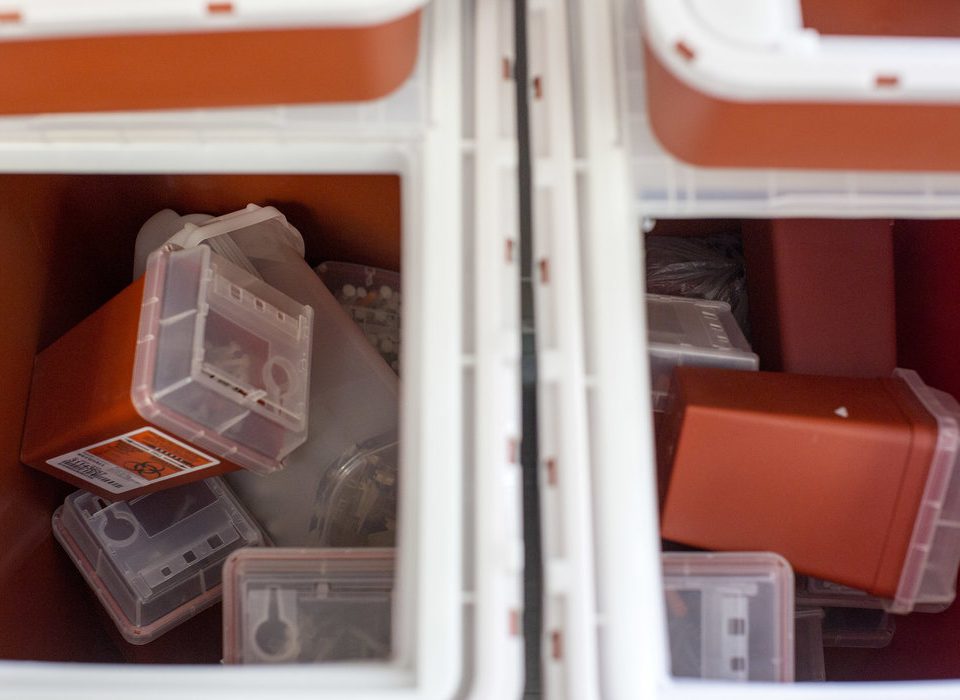Make Addiction Treatment Better and More Available

Howard Josepher, a clinical social worker, is the president and chief executive of Exponents, a nonprofit offering harm reduction services
NOVEMBER 11, 2015
As someone who was a drug addict, there was a time when I had no control over my addiction. All I could think about was how to get money to buy more drugs.
At some level, I knew it was crazy. And by constantly pushing the limits, I was subconsciously seeking an outside force or authority to draw the line and stop me. Testing those boundaries was my cry for help. And coerced treatment finally saved me.
But forced treatment needs to be applied selectively. We need to make distinctions between the type of drugs a person is using.
Decriminalize possession of drugs for personal use to get pot smokers out of the treatment beds that could be used by addicts hooked on methamphetamines, opiates or cocaine.
For many years, we saw young marijuana smokers becoming entangled with the law (often through stop-and-frisk) and then coerced into treatment by drug courts and probation officers as an alternative to incarceration. This resulted in waiting lists for addiction treatment as pot smokers took up precious beds that could be better utilized by an out-of-control addict hooked on drugs like methamphetamine, opiates or cocaine. That has to stop.
In order to make treatment more available, we need to decriminalize possession of drugs for personal use; determine a hierarchy of need among persons being considered for coerced treatment (pot smokers should be at the bottom of this list); and create alternative “harm reduction” treatment programs in addition to the abstinence, one-size-fits-all, model that makes up the overwhelming majority of treatment programs in the United States.
The Substance Abuse and Mental Health Services Administration claims there are about 20 million problematic drug users in need of treatment, who are not accessing it. The usual reasons given are that addicts are not ready to get off drugs or are unwilling to change or they don’t want the treatment offered.
But instead of faulting them for their reluctance, let’s look at approaches that have been successful in engaging drug users through attraction rather than coercion. Let’s make drug treatment better and make sure it is available and appealing to those who need it most.
Join Opinion on Facebook and follow updates on twitter.com/roomfordebate.




